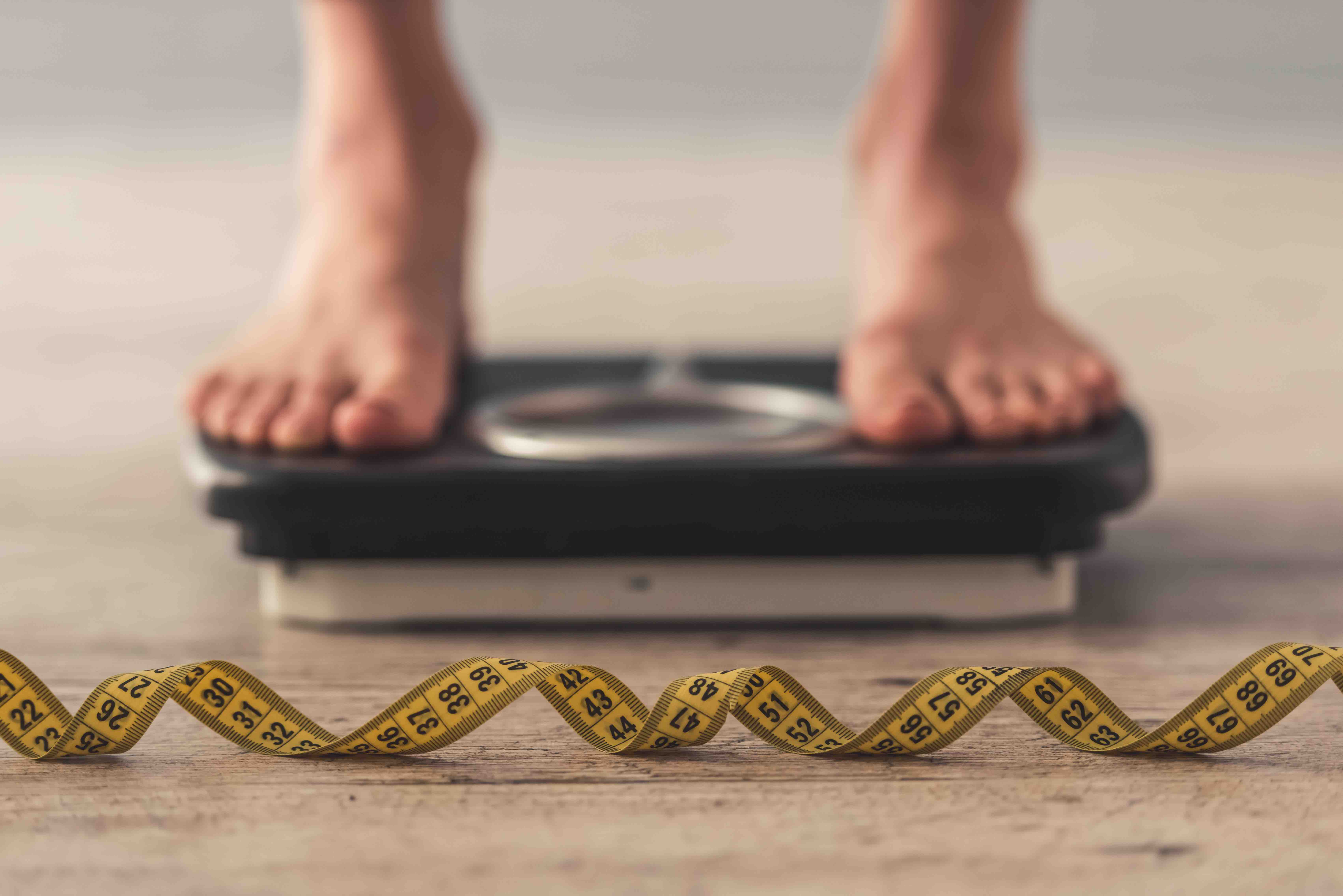According to the World Health Organization (WHO), breast cancer is the most common cancer found in women. The incidence and survival rates of the disease vary greatly from region to region, but the Centers for Disease Control and Prevention (CDC) stated that over 245,000 new female cases were diagnosed in the United States in its latest data from 2016. Over 41,000 of those women died from breast cancer. Because of the importance of preventing and treating the disease, countless studies have attempted to understand more about what affects the occurrence of the illness. Studies revealed that several factors may affect breast cancer risks such as body weight, whether a relative has been diagnosed with breast cancer, or whether one has inherited mutations in specific genes (BRCA1 and BRCA2).
Image Source: andresr
Recently, a study in the International Journal of Cancer discovered that women with weight gain between early adulthood and menopause have a lowered risk of developing breast cancer. Previous studies investigating this age group had been difficult because of lower breast cancer incidences in younger women. This study, however, uncovered data from over 600,000 women from several distinct studies around the world. These women were divided into different age groups, and researchers noted their weight at differing age points over an average of 10.1 years, along with information about other possible confounding factors of weight changes such as physical activity, alcohol consumption, and pregnancy. The research concluded that those between the ages of 18-24 and 45-54 had reduced breast cancer risk by 4% for every 10 pounds gained. Those between 35-44 had no discernible effect on breast cancer risk before menopause with weight gain.
This discovery is interesting because previous studies have found that obesity and substantial weight gain may increase the chance of developing breast cancer. It was thought to be due to an increase in fat tissue which may raise estrogen, an important hormone in the development and growth of breast cells. Furthermore, another analysis in the Journal of the National Cancer Institute found that weight loss after age 50 lessened breast cancer risks in women. Thus, more weight may not always aid in reducing breast cancer risk.
These discoveries open more questions on the link between weight and breast cancer. More research needs to be done to not only confirm the efficacy and accuracy of the studies but to better solidify the mechanism behind these findings.
Feature Image Source: © VadimGuzhva / Adobe Stock.










